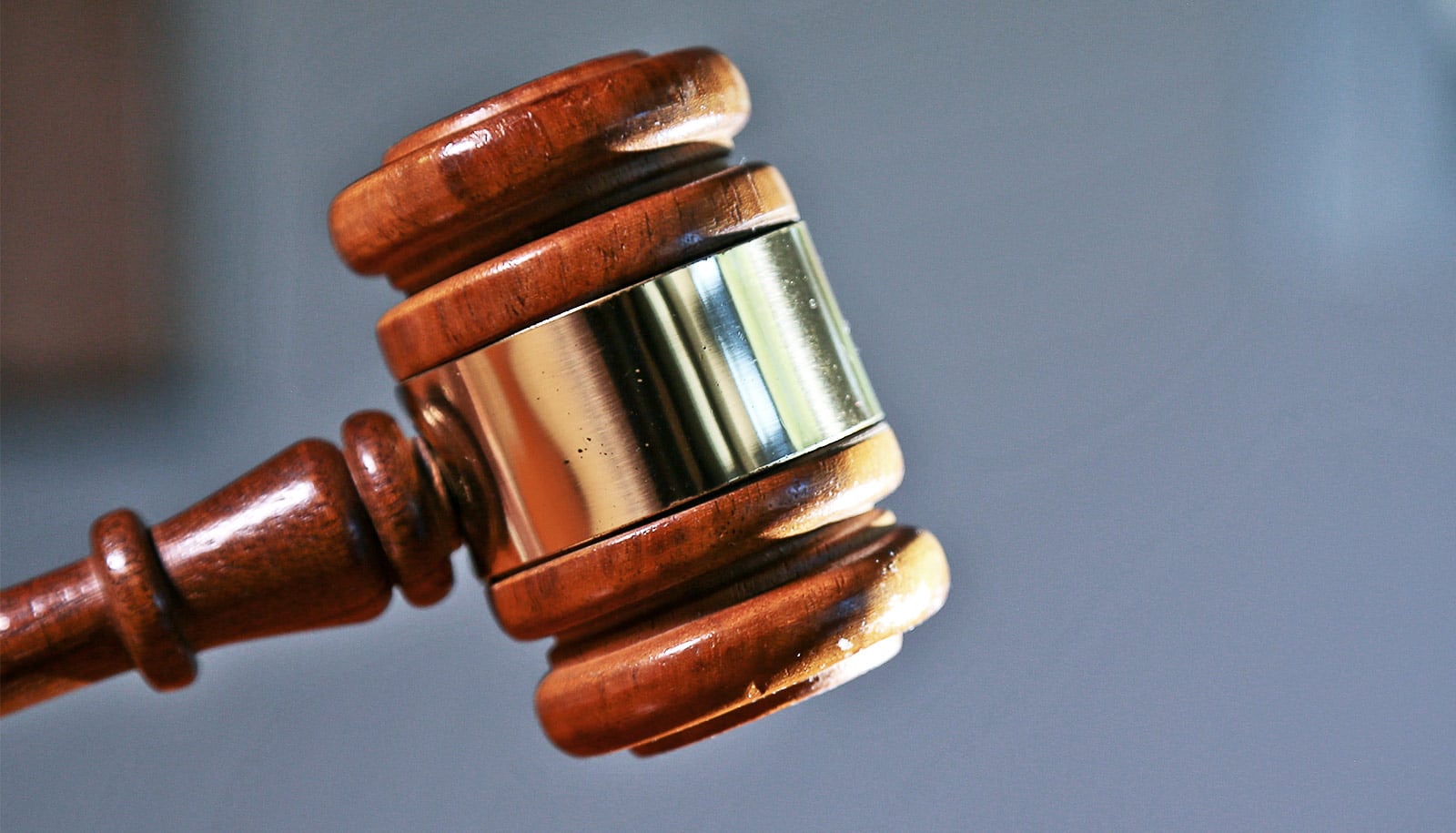The United States must reduce incarceration to protect public safety during the pandemic, a report finds.
To stem the tide of COVID-19 infections both within correctional institutions and in surrounding communities, jurisdictions around the US should act immediately to reduce the number of people housed behind bars, recommend the panel of criminal justice and public health experts.
Josiah “Jody” Rich, a Brown University professor of medicine and epidemiology, joined the panel of experts that the National Academies of Sciences, Engineering, and Medicine assembled. The panel details its guidance on decarceration in the report they released on October 19.
Jails and prisons in the US are often overcrowded, dense, poorly ventilated, and disconnected from public health systems, making COVID-19 prevention among incarcerated people and staff exceedingly difficult, the panel reports.
As of August 2020, COVID-19 case rates among incarcerated people were nearly five times higher than in the general population, and three times higher among correctional staff.
How does decarceration work?
Decarceration—reducing prison populations by releasing individuals and diverting others away from incarceration before they enter the criminal justice system—can lower the risk of infection for older and other high-risk incarcerated persons, the report says, and allow correctional facilities to more easily implement other COVID-19 prevention strategies such as physical distancing.
“For the past 40 years, our criminal justice policies purportedly in pursuit of public safety have resulted in unprecedented mass incarceration that is strikingly and disproportionately impacting the impoverished and people of color,” says Rich. “The COVID-19 pandemic has shown us that mass incarceration has itself become a major threat to public safety. Addressing the issue is long overdue for many reasons, including this pandemic and the next.”
The report says that while some jurisdictions have taken steps to decarcerate since the onset of the pandemic, these efforts have so far been insufficient to reduce the risk of COVID-19 in jails and prisons.
The panel recommends that correctional officials identify candidates for release in a fair and equitable manner. Individuals who are medically vulnerable, nearing the end of their sentence, or who present a low risk of committing serious crime will likely be suitable candidates.
Research on recidivism suggests that decarceration can be done with minimal risk to public safety—the report points to data from New York and California that show large reductions in prison populations were followed by crime rates that either fell or remained low.
7 strategies to reduce incarceration
To safely decarcerate, public officials should implement COVID-19 testing prior to release and facilitate quarantining as necessary, the report says. Officials should take steps to provide newly released individuals with a safe place in the community to quarantine for 14 days when needed, prior to returning to their families.
Other strategies outlined in report for reducing incarceration include:
- directing law enforcement to issue citations in lieu of making arrests;
- releasing defendants on their own recognizance as a default option, rather than implementing pretrial detention, unless strong evidence shows it would be at odds with public safety;
- eliminating incarceration for a failure to pay fines and fees;
- addressing misdemeanors, probation and parole violations, and other less serious crimes with penalties that do not include incarceration;
- eliminating or reducing bail;
- revising compassionate release policies to account for consideration of an incarcerated person’s medical condition, age, impairment, or family circumstances;
- and examining parole and probation policies and procedures to limit or eliminate returning to correctional facilities for technical violations.
Co-chairs of the committee were Emily Wang, associate professor and director of the SEICHE Center for Health and Justice in the Yale School of Medicine, and Bruce Western, a professor of sociology and social justice and co-director of the Justice Lab at Columbia University.
Source: Brown University



